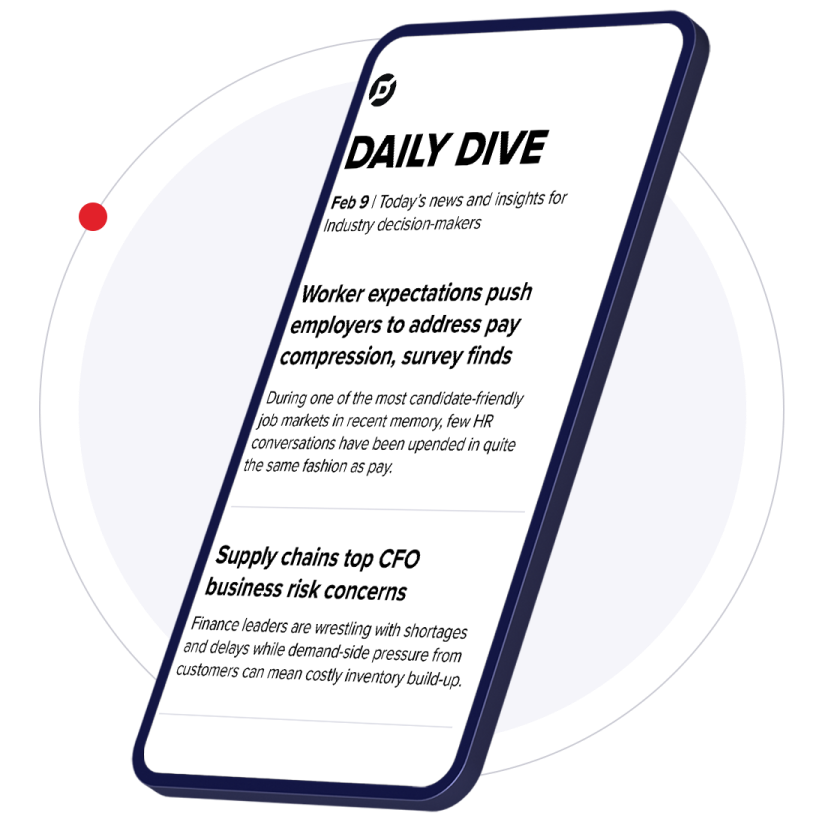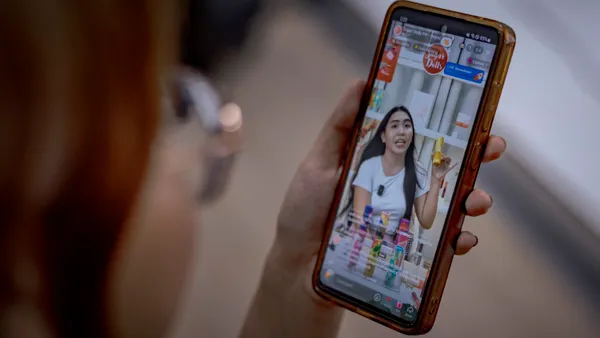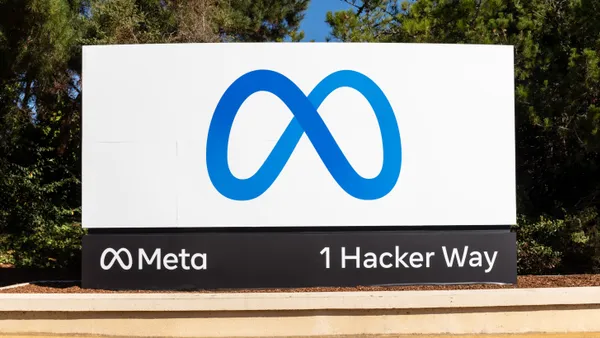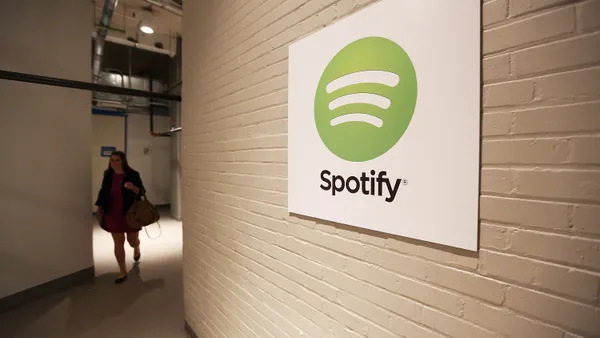Brief:
- Apple posted strong revenue gains for its fiscal Q1 period ending Dec. 30, 2017, buoyed by sales of more expensive iPhone models as unit sales decreased 1% from a year ago for a total of 77.3 million iPhones, according to a report from CNET. While unit sales decreased, iPhone revenues were up 13% for a total of $61.58 billion and overall revenue was also up 13% for a total of $88.3 billion.
- In a conference call with analysts to discuss the results, Apple CEO Tim Cook said the iPhone X has been the top-selling iPhone every week since it shipped in November. The company does not break out unit sales by model but several reports suggest iPhone X sales have been weaker than expected.
- Cook talked up ARKit, the company's platform for developers to create augmented reality (AR) experiences, with more than 2,000 ARKit enabled apps now available. The exec also pointed to next week's release of its smart speaker HomePod, saying the use cases for it will be broad-based.
Insight:
While Apple continues to impress from a profit-generating perspective, the latest results suggest that the company has yet to find the magic formula for reigniting the kind of intense devotion it once generated from consumers. It's not clear if interest in AR — where Apple has a strong play — and the company's entry into the smart speaker segment — where it is a latecomer — will be enough to regain that status.
AR experiences on the iPhone are clearly generating some interest from developers and consumers. Apple reported that Pokemon Go jumped to the top of Apple's App Store charts in December after it released new AR features built with ARKit.
"Augmented reality is going to revolutionize many of the experiences we have with mobile devices," Cook said on the call. "And with ARKit, we're giving developers the most advanced tools on the market to create apps for the most advanced operating system running on the most advanced hardware. This is something only Apple can do."
HomePod arrives next week after an earlier delay that caused the device to miss the holiday sales period. Apple will have its work cut out if it is to gain a foothold in a category already dominated by Amazon, with Google chasing the e-commerce giant's heels. Winning here could be crucial, as consumers are expected to migrate to voice-based engagements for much of their everyday use of online services. Apple is hoping it can win over consumers through quality audio and HomePod's integration with Apple Music as well as its digital assistant Siri. HomePod works like a home automation device, a speaker phone, to send messages and to order an Uber or Lyft car.
"Apple still has time to capture its share of the connected home, likely by using its own assistant, Siri, along with its HomeKit development platform," said Adam Fingerman, CEO and cofounder of app design and development firm ArcTouch, in an email to Mobile Marketer. "But it needs a lot more than the high-priced HomePod speaker to catch up. That product competes more with Sonos than it does with Amazon Echo or Google Home."
The company needs some big wins as growth in smartphone sales continue to slow down in a mature market. Apple's bet on supercharged devices like the iPhone X — which carries an average price tag of around $1,000 — seems like an acknowledgment that overall penetration levels for smartphones are unlikely to increase much going forward and that growth will come from early-adopters looking for the next big thing.
Complicating matters for Apple is the blowback from revelations that it slowed down older iPhones, which resulted in the company having to issue a rare apology and to offer battery replacements. The company is now also the subject of investigations by the Department of Justice and the Securities and Exchange Commission over potential violations related to the matter.
Another challenge Apple and other smartphone manufacturers are likely to face in the months ahead as the media and consumer advocacy groups focus on the potential harmful effects of spending too much time on a smartphone.














